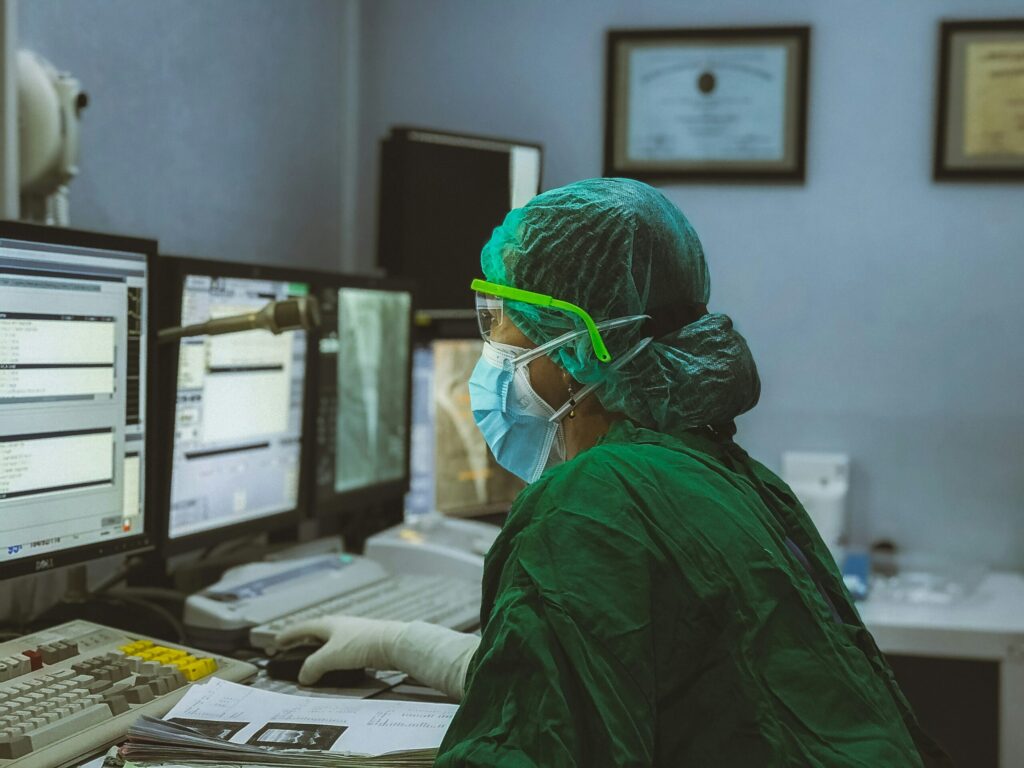
What You Should Know:
– A new study from Mount Sinai Hospital suggests artificial intelligence (AI) can significantly improve patient outcomes by predicting and preventing health decline. The research, published in Critical Care Medicine, found hospitalized patients receiving AI-generated alerts about potential health deterioration were 43% more likely to receive escalated care and far less likely to die.
– Traditionally, healthcare professionals relied on manual methods like the MEWS to predict patient decline. However, this study demonstrates that AI algorithms outperform these methods by prompting earlier intervention, potentially saving lives.
How the Study Worked
The non-randomized study involved over 2,700 adult patients admitted to medical-surgical units at Mount Sinai Hospital. Patients were split into two groups: one receiving real-time AI alerts for potential deterioration (sent to nurses, doctors, or a rapid response team), and another group where alerts were generated but not delivered.
The intervention group saw significant improvements, including:
- Increased likelihood of receiving medications to support circulation, indicating earlier treatment by doctors.
- Reduced risk of death within 30 days of hospitalization.
“Real-time AI alerts demonstrably improve patient outcomes,” says Dr. David Reich, President of Mount Sinai Hospital and senior author of the study. “These AI models act as accurate and timely decision-making aids, ensuring the right team reaches the right patient at the right moment.”
The Future of AI in Healthcare
The study, though halted early due to the COVID-19 pandemic, has led to the deployment of a simplified AI system across Mount Sinai’s stepdown units, where patients receive close monitoring post-ICU. Here, a team of intensive care physicians reviews the 15 patients with the highest predicted risk daily, making treatment recommendations. As the algorithm is continuously refined with more patient data, its accuracy improves through a process called reinforcement learning.
This research, alongside the deployment of 15 additional AI-based clinical tools at Mount Sinai, highlights the growing potential of AI in healthcare. By enabling earlier intervention and improved decision-making, AI is poised to revolutionize patient care and save lives.

